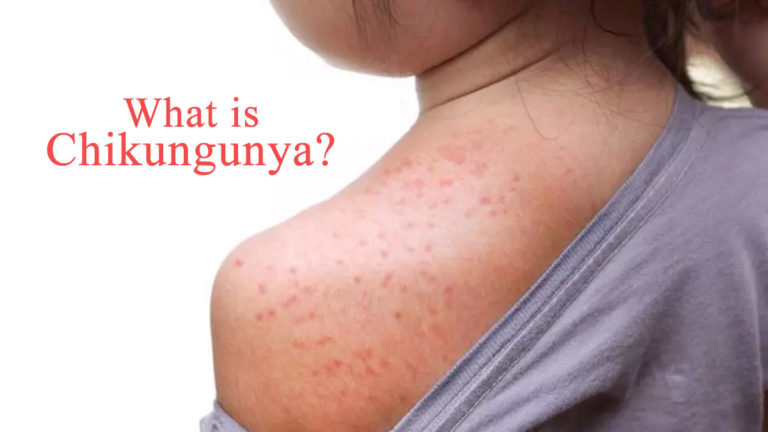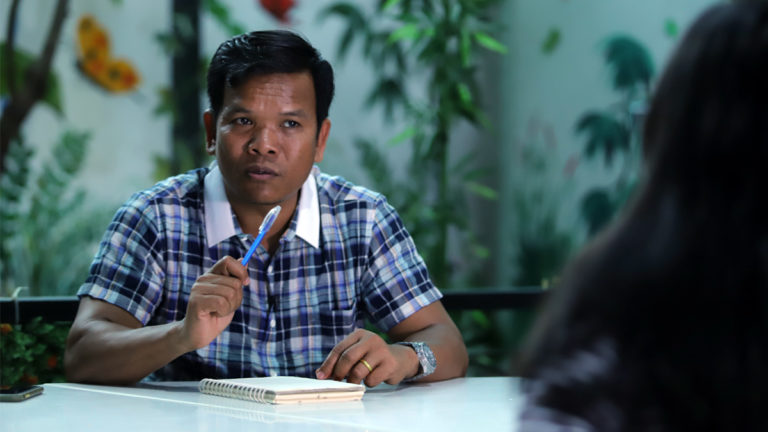
Into The Heart of The Mekong
On the island of Koh Trong, in the middle of the Mekong River, travellers can explore rural Cambodian life and maybe spot some dolphins while they’re at it.
Words by Paul Millar
Information to help you and your family live long, happy and healthy lives
Also called: 2019-nCov, 2019 Novel Coronavirus
Coronaviruses (Latin. Corona = “wreath, crown”, from characteristic club-shaped spikes that project from their surface) are a large family of viruses which may cause illness in animals or humans. In humans, several coronaviruses are known to cause respiratory infections ranging from the common cold to more severe diseases such as Middle East Respiratory Syndrome (MERS) and Severe Acute Respiratory Syndrome (SARS).
The most recently discovered coronavirus causes the coronavirus disease, COVID-19, an illness that can affect your lungs and airways. The COVID-19 virus spreads primarily through droplets of saliva (spit) or discharge from the nose when an infected person speaks, coughs or sneezes.
Most people infected with the COVID-19 virus will experience mild to moderate respiratory illness and recover without requiring special treatment. The most common symptoms of COVID-19 are fever, dry cough, and tiredness. Some patients may have aches and pains, nasal congestion, sore throat or diarrhea. These symptoms are usually mild and begin gradually. Some people become infected but only have very mild symptoms.
However, anyone can catch COVID-19 and become seriously ill. Even people with very mild symptoms of COVID-19 can transmit the virus. People of all ages who experience fever, cough and difficulty breathing should seek immediate medical attention.
As with other respiratory infections like the flu or the common cold, public health measures are critical to slow the spread of illnesses. Public health measures are everyday preventive actions that include:
To date, there is no vaccine and no specific antiviral medicines against COVID-19. Mild symptoms can usually be treated at home. If your symptoms are severe, medical care may be needed until you recover. However, people with serious illness may need to be hospitalized so that they can receive life-saving treatment for complications. Most patients recover thanks to such care.
Possible vaccines and some specific drug treatments are currently being explored. They are being tested through clinical trials in many countries, and global organizations, such as the WHO, are coordinating efforts to develop vaccines and medicines to prevent and treat COVID-19.

On the island of Koh Trong, in the middle of the Mekong River, travellers can explore rural Cambodian life and maybe spot some dolphins while they’re at it.
Words by Paul Millar

Taking precautions when travelling during Covid-19 might help you steer clear of the virus.

DIVE DEEP INTO CAMBODIA’S CULTURAL AND NATURAL WONDERS THROUGH THESE ALTERNATIVE TOURISM OPTIONS SHOWCASING A DIFFERENT SIDE TO THE KINGDOM
WORDS BY CRISTYN LLOYD

AIDS is an illness that has devastated communities and families, but a cure has still not been found. The disease has wounded society as not only does it bring about severe illness, but also discrimation and prejudice towards those who suffer from it, even in today’s Cambodia.

Weddings are a once in a lifetime event, but how much will you have to fork out to cover the costs of one?

You may have heard a lot about Chikungunya recently, but what is it and can it be dangerous?

Here are some practical ways to reduce your food waste

What is the difference between veganism and vegetarianism, and which would suit your lifestyle?

Can traditional Sak Yant tattoo art thrive again in the modern era?

Water is crucial to lives across the globe. However, some people choose bottled mineral over tap water, but is it always beneficial?

“If I had not had research experience, I would mostly have used my emotion to respond or expressed my opinions on societal issues.”

The best gym-free exercises for you and your family.
